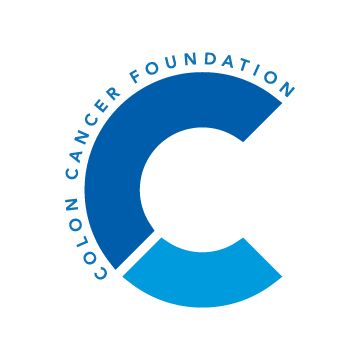
Earlier Messaging of Early-Onset Colorectal Cancer Addresses Knowledge Gaps

Lack of awareness and knowledge of early-onset colorectal cancer is a problem, but early messaging can help combat the issue.
While delays in early-onset colorectal cancer can lead to advanced stage diagnoses, lack of awareness among providers and patients contributes to the problem; however, earlier communication and awareness could address just that, according to Dr. Whitney F. Jones.
“Both population and provider awareness are the major contributors to these delays,” Jones, founder of the Colon Cancer Prevention Project at Gastroenterology Health Partners, LLC, said at the 2019 Early Age Onset Colorectal Cancer Summit. “We already have effective knowledge and messages around early-stage diagnosis, but they are not delivered on time or in adequate frequency. We have to have awareness, action and messaging that is fully integrated, emphasized and delivered to the over 21 population.”
When it comes to sporadic colorectal cancer, Jones noted, there are things that physicians, patients and the public can change and things they cannot. For example, tumor biology, lack of family history and screening programs that start at the age of 45, at least in 2019, cannot be changed. Meanwhile, he added, physicians can improve awareness of symptoms among both patients and providers, patients can link to that awareness by seeking medical help for symptoms and physicians can reduce delays in definitive diagnostic evaluations.
With this, Jones highlighted five studies that demonstrated significant delays in diagnosis, suggesting that stage 3 and 4 colorectal cancers were higher among patients with prolonged diagnostic delays. “There are problems on the frontside of the doctor’s door and the backside,” Jones said. “What we do know is that awareness does correlate pretty significantly with stage. So, those with a higher awareness tend to be diagnosed at earlier stages. And I don’t think we have established awareness amongst providers, patients and our population.”
He contributed this awareness gap, in part, to the limited research and knowledge in the etiology of early-onset colorectal cancer, which in turn, limits providers in educating primary care physicians, specialists and the under-50 patient population. “Unless you are aware, you can’t link that to an action, such as being screened, preventing early, behavioral changes,” Jones explained.
Before a patient even visits their doctor following symptoms, there may be even more delays due to emotional and behavioral issues that go along with being embarrassed about talking about bowel movements, or access issues and disparities. Then patients do finally get through the door, they would typically see a primary care physician and then a specialist. Patient awareness of the symptom could take up to three to 12 months, another month to make an appointment and another one to two months to see a provider or specialist, Jones said, adding that the goal is to take that timeline from months to weeks.
To do this, Jones recommends for one action: BOGO — buy one, get one free. “What we need to do is consider an alternative way to deliver that message.”
Utilizing what Jones called an “early message package,” physicians can educate patients on how to identify and evaluate symptoms, gather family history and recommend genetic testing, and encourage patients to implement lifestyle modifications.
“The buy one, get one free of messaging people earlier, which means we can get people screened on time at 40, or 35 or 45, and actually alter our entire communication strategy,” Jones said.




